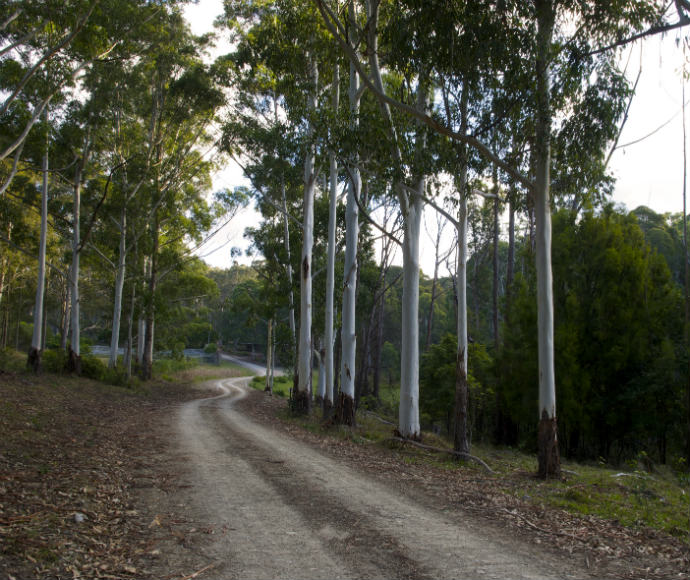Regional Victorians are being urged to take precautions against mosquito-borne disease, as recent flooding and warm weather creates the perfect breeding environment for the insect.
Minister for Health Mary-Anne Thomas today visited Seymour to encourage those living in flood-impacted communities to be on high alert in the coming weeks, as pooling water fuels the risk of disease, including Ross River virus, Murray Valley encephalitis and Japanese encephalitis.
While mosquito-borne diseases cannot spread from person-to-person and most cases will be mild, for some transmission can lead to severe and long-term health complications.
Simple and practical steps that Victorians can undertake to reduce the risk of being bitten by mosquitoes, include:
Covering up by wearing long, loose-fitting clothing – mosquitos can bite through tight clothing
Using mosquito repellents containing Picaridin or DEET on all exposed skin
Checking the repellent label before applying to children – spraying or rubbing repellent on children’s clothes is recommended, avoiding their skin especially their hands
Limiting outdoor activity if there is a significant uptick in mosquitoes and using ‘knockdown’ fly spray, mosquito coils or plug-in repellent while sitting or eating outdoors
Removing stagnant water where mosquitoes can breed around the home or a campsite
Making sure windows are fitted with mosquito netting or screens
Victorians in high-risk areas are also eligible for a free Japanese encephalitis vaccine – available at local GPs, Aboriginal community-controlled health organisations, community pharmacies and local councils.
During mosquito season (November to April), public health measures are implemented to prevent and control disease, including the Victorian Arbovirus Disease Control Program’s statewide surveillance program.
No cases of Murray Valley encephalitis or Japanese encephalitis have been detected to date this season, including zero detections in trapped mosquitoes of either, however flood waters have now increased the risk of occurrence.
It comes as the Department of Health and South Gippsland Water issue a boil water advisory for Poowong, Loch and Nyora residents following reports of contaminated water in the Poowong-Loch-Nyora water supply system – it is hoped this warning will be lifted in coming days.
More information about mosquito-borne disease and vaccination against Japanese encephalitis is available on the Department of Health website and the Better Health Channel.
As stated by Minister for Health Mary-Anne Thomas
“Pooling water and warm weather unfortunately create ripe conditions for mosquito numbers to soar – it’s important people in flood-affected areas know how to protect themselves from disease in the coming weeks.”
“There are many simple steps Victorians can take to avoid being bitten, whether that’s using mosquito repellent, covering up or limiting time outdoors, and getting the free Japanese encephalitis vaccine in high-risk areas.”








